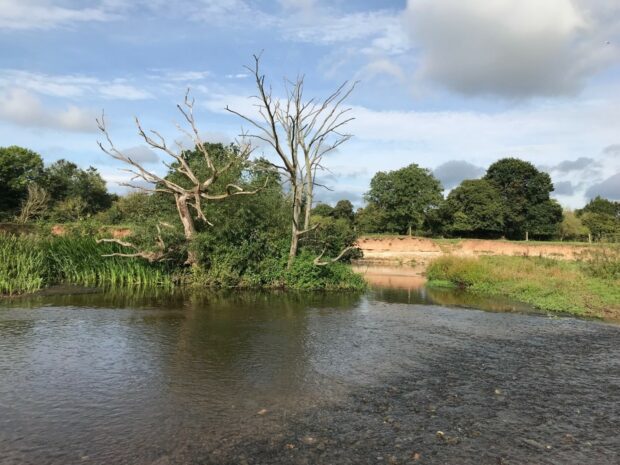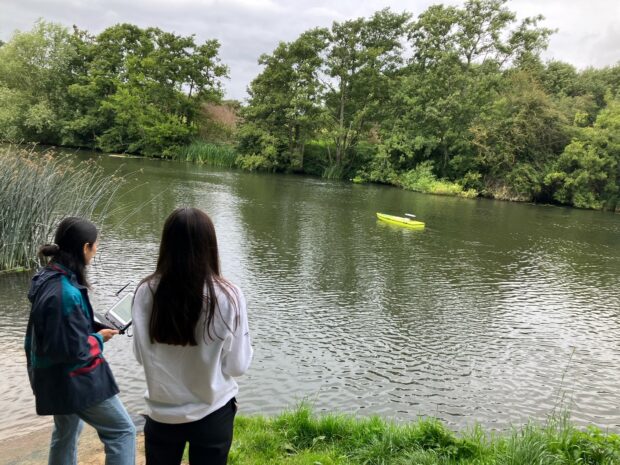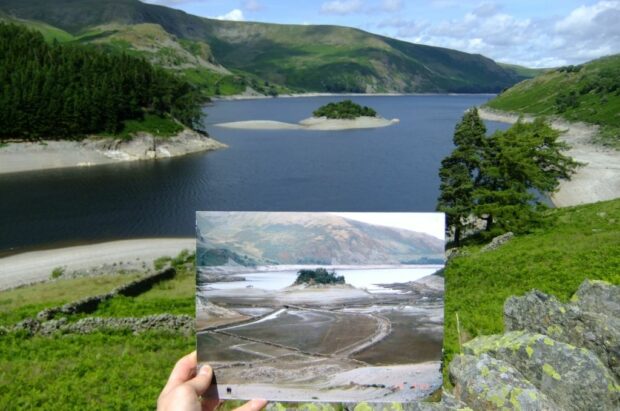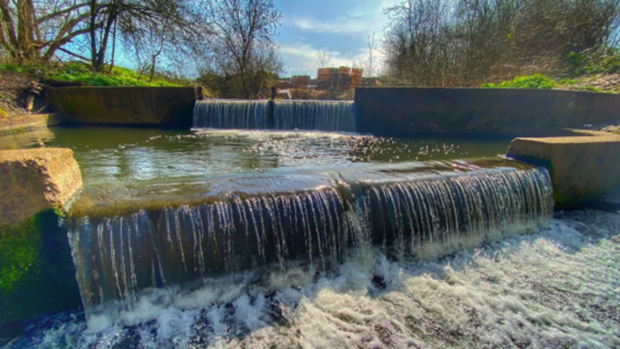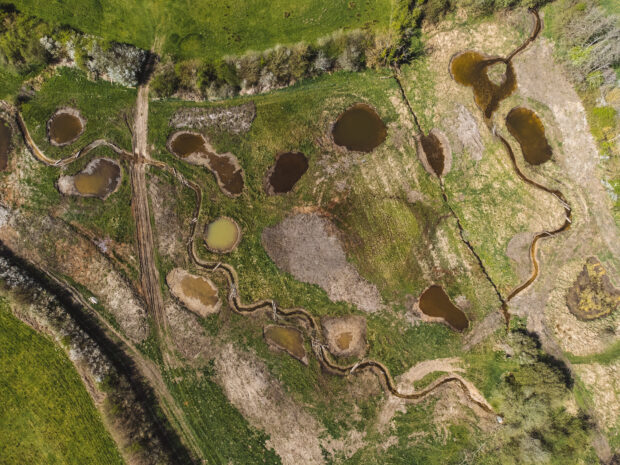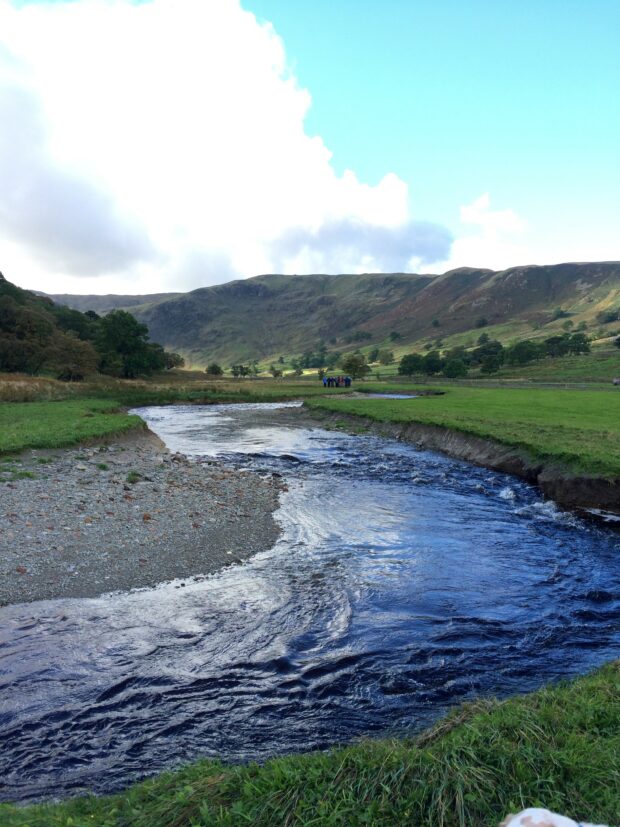Local Nature Recovery Strategies (LNRS) are locally led, evidence-based strategies that will help to prioritise and target action and nature investment – to help create a better place. Whilst nature is at their core, these strategies will drive the …
Our chair Alan Lovell reflects on our progress to achieve government’s Environmental Improvement Plan (EIP) goals. One year ago, the government published the Environmental Improvement Plan (EIP) to halt and reverse the decline of nature in our country. With climate …
Our Summer Diversity Internship Programme (SDIP) offers students from diverse backgrounds the chance to kickstart their careers and give them an insight into the breadth of work undertaken by the EA. Ever wondered what this would be like? We spoke to Rion Hoshino and Siobhan Gunn, who completed the internship this summer, to find out more …
The Environment Agency has undertaken its largest ever consultation of drought experts in England. The project pulled together the latest knowledge on drought, identifying what is known and what is not yet known about the topic.
The Environment Agency enables partnerships to come together and improve the local environment to benefit wildlife and communities. Catchment Coordinator for the EA, Adam Noon, tells us more about removing Ackers Weir on the River Cole in East Birmingham.
By Andy Slaney, Green Finance Specialist, Environment Agency The Wendling Beck Environment Project is a habitat creation, nature restoration and regenerative farming project, spanning almost 2,000 acres near Dereham in Norfolk, UK. The project is leading the way in transforming …
The Cumbria River Restoration Strategy was developed to help improve the quality and function of three Cumbria catchments - the Rivers Eden, Derwent and Kent. From its humble beginnings to setting its sights on the World River Prize this year, read about why this programme has been so successful.
